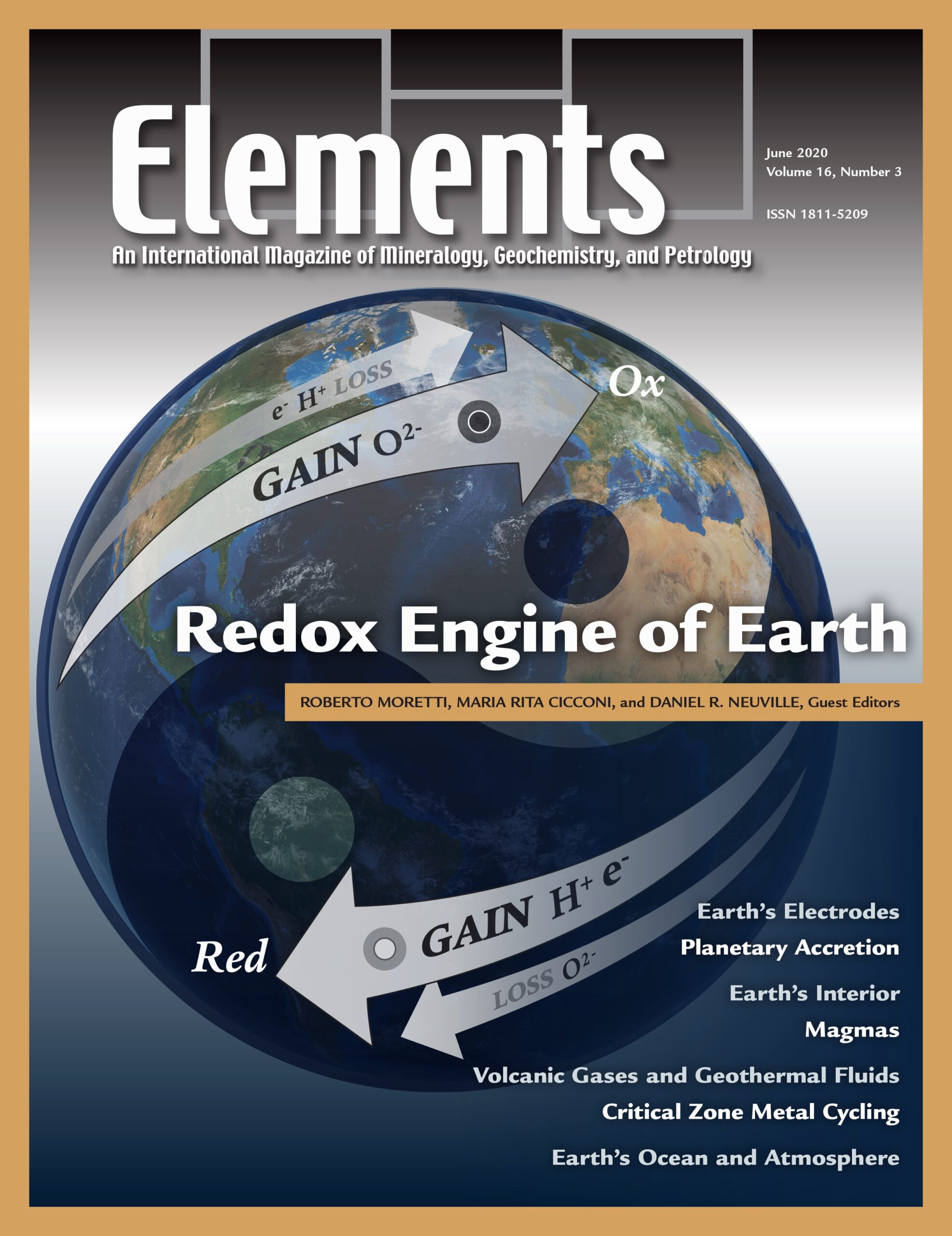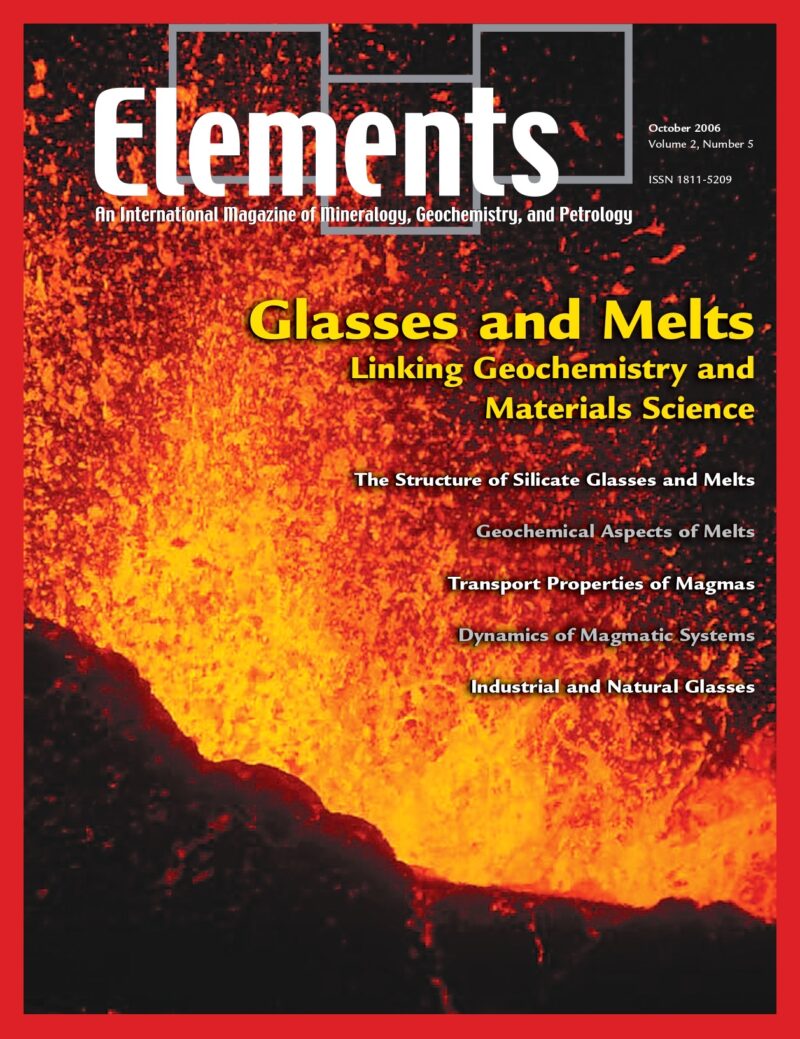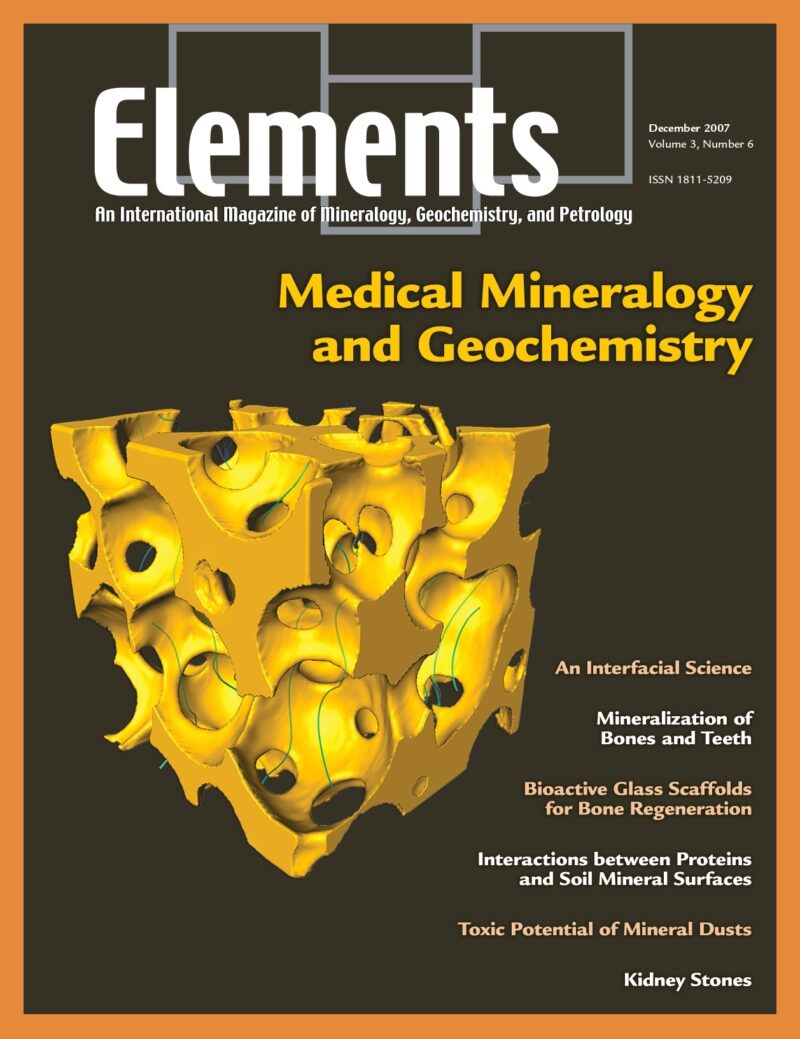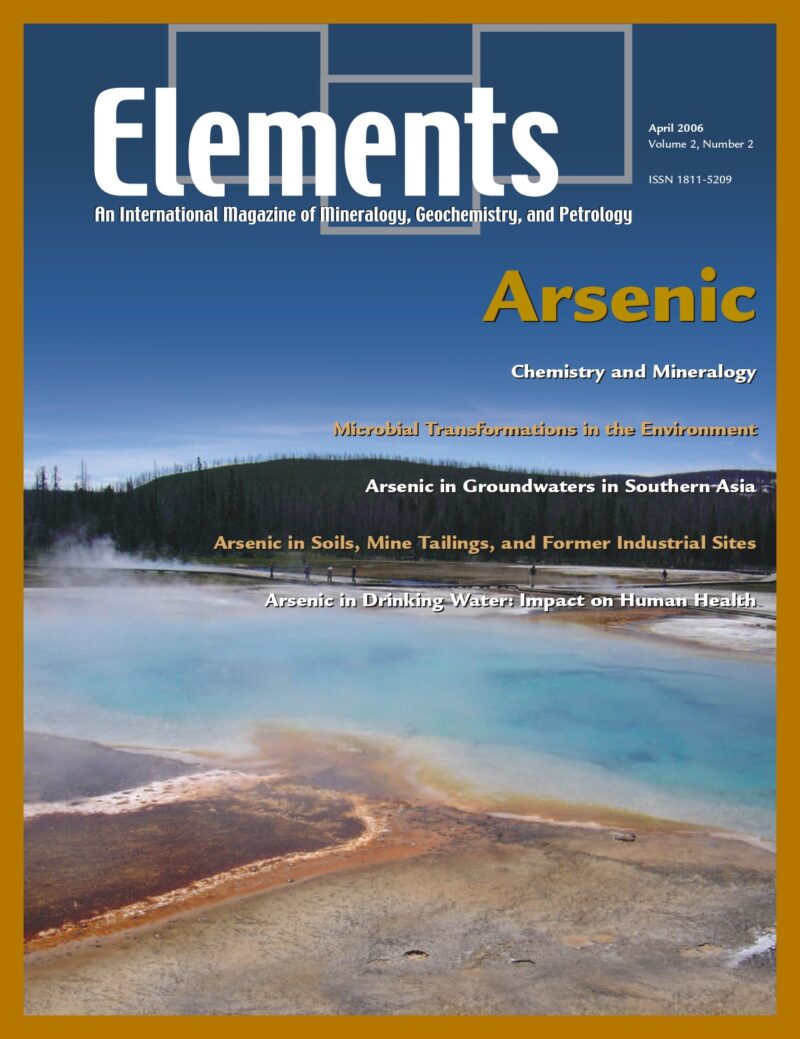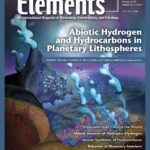
Abiotic Hydrogen And Hydrocarbons In Planetary Lithospheres, February 2020, Vol. 16, No. 1
June 28, 2024
Shedding Light On The European Alps, February 2021, Vol. 17, No. 1
June 28, 2024The Redox Engine Of Earth, June 2020, Vol. 16, No. 3
$20.00
The redox state is one of the master variables that drove the formation of the Earth and that now also controls life processes. From the dawn of geochemistry, a knowledge of redox states has been essential to understanding the compositional makeup of our planet and the fundamental processes that occur in any natural chemical system, from the core to the atmosphere, from magmatic systems to aquatic systems.
The Redox Engine Of Earth
June 2020, Vol. 16, No. 3
The redox state is one of the master variables that drove the formation of the Earth and that now also controls life processes. From the dawn of geochemistry, a knowledge of redox states has been essential to understanding the compositional makeup of our planet and the fundamental processes that occur in any natural chemical system, from the core to the atmosphere, from magmatic systems to aquatic systems. The social and economic impact of redox geochemistry is enormous because of the control it plays on metal mobility, solubility, metal availability and any associated complexing ligands, and the widespread use of redox indicators for environmental hazard assessment. This issue of Elements illustrates how understanding redox processes can help us to understand much of Earth’s activity.
Why You’ll Love Elements Magazine:
- Expert Contributors: Articles written by renowned researchers in the field of geoscience.
- Engaging Content: Join a community of readers who are passionate about Elements.
- Exceptional Quality: Each issue is printed on high-quality paper with stunning visuals and detailed illustrations that bring complex scientific concepts to life.
Order your copy of the June 2020 issue of Elements magazine today and explore the redox engine of Earth.
Related products
-
Glasses And Melts: Linking Geochemistry And Materials Science, October 2006, Vol. 2, No. 5
$20.00Geological interest in studying melts stems from early recognition that melts play a fundamental role in determining the physical and chemical behaviour of magmas and magmatic processes. However, due to the inherent difficulties associated with working at high temperatures, much of the geological research over the last 30 years has used quenched melts or glasses as proxies for melts themselves.
-
Medical Mineralogy And Geochemistry, December 2007, Vol. 3, No. 6
$20.00Medical mineralogy and geochemistry is an emergent, highly interdisciplinary field concerned with both normal and pathological interactions between minerals or amorphous inorganic solids and biomolecules or cells within the human body, and the transport and fate of prions and protein toxins in the soil environment. Prior research has, appropriately, focused on the complex genetic and molecular biological aspects, but there is a growing recognition of the vital need for understanding the surface and bulk properties and reactivities, especially at the challenging nanoscale characteristic of biomacromolecules and biominerals.
-
Arsenic, April 2006, Vol. 2, No. 2
$20.00Arsenic is an element known throughout history as a classic poison. Currently, very small but highly significant concentrations of this element in drinking water supplies are causing massive health problems to many millions of people in some of the world’s poorest nations, and more localised sources related to mining and processing are also a concern.

